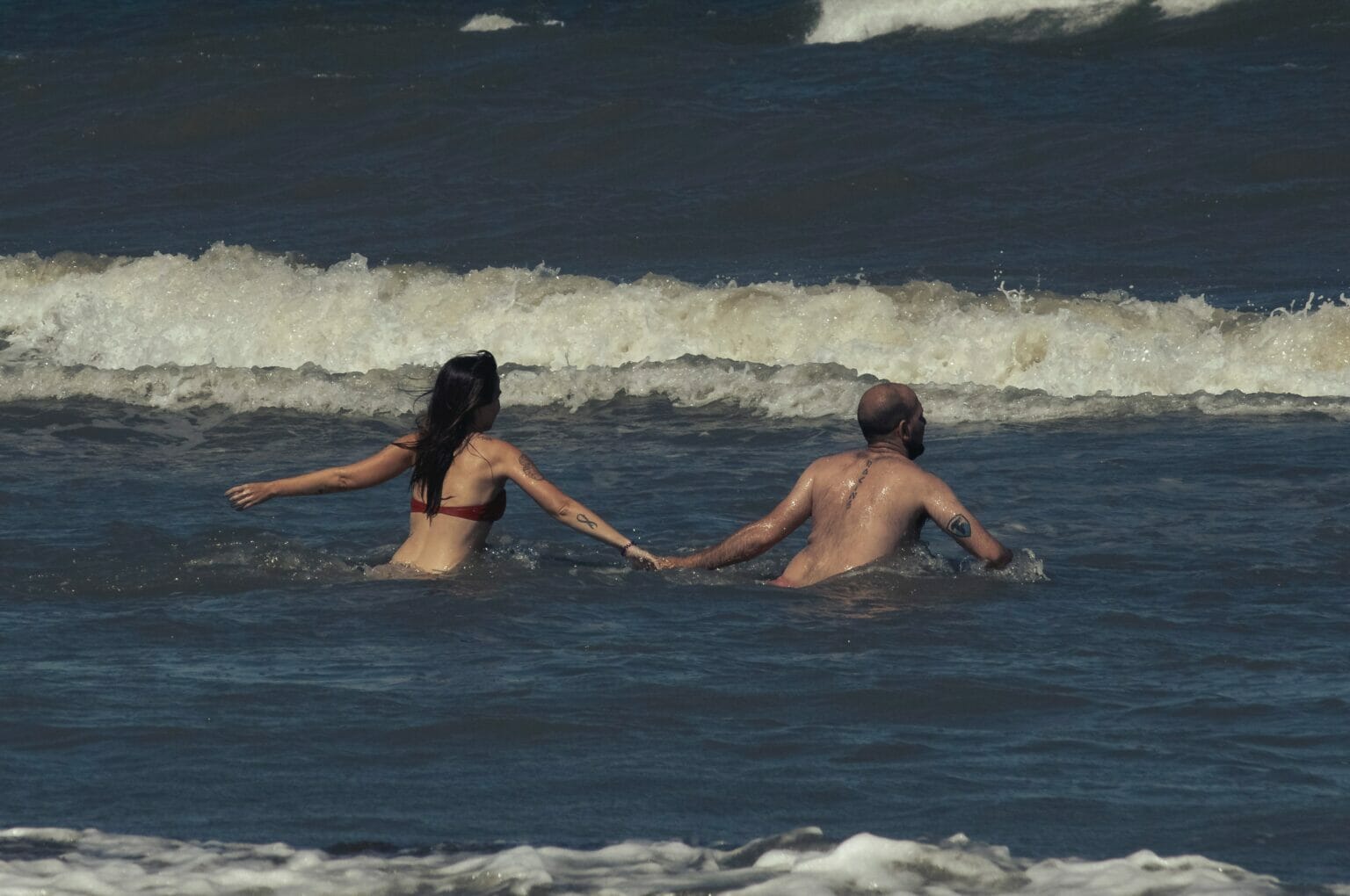A marine heat wave is warming the Gulf of Mexico and making the water temperature rise into the 90s, which could threaten Florida’s coral reefs that have never been seen before.
Even though the water in the Florida Keys is the hottest it has ever been on the surface, that’s not the biggest worry for coral. According to the National Oceanic and Atmospheric Administration, the average sea temperature of the Keys on Monday was just over 90 degrees Fahrenheit (32.4 degrees Celsius).
Scientists say that the real worry is that it’s only July. Most of the time, August and September are the hottest months for corals.
Derek Manzello, an ecologist and the head of NOAA’s Coral Reef Watch programme, said, “We’re going where no one has gone before.”
Coral reefs are natural wonders home to many different animals and help protect the ocean from storms. NOAA says reefs help the United States economy by $3.4 billion each year through fisheries, tourists, and protecting the coast.
But the oceans have taken up about 90% of the extra heat people have made by burning fossil fuels and cutting down trees. When sea temperatures get too high, corals lose their colour and throw out the algae they need to live. If the water doesn’t cool down fast enough or there are many bleaching events close together, the corals die. Scientists have been saying that climate change threatens coral reefs’ existence for decades. Since 1950, the world has already lost a lot of coral reefs—maybe half of them.

Manzello said, “Honestly, it can be very sad.” “Unfortunately, I’m a scientist and just watching it happen.”
Heat in the ocean isn’t just a problem in the Gulf of Mexico. Dillon Amaya, a physical scientist at NOAA who studies them, says a marine heat wave occurs in about 40% of the world’s oceans.
“Right now, Florida is just one bad patch in a bad quilt,” Amaya said.
Part of the reason is that the Earth is going through a natural climate change called El Nio, which usually makes the seas warmer. But now El Nio is adding to the warming that has been going on for a long time because of greenhouse gas releases.
Even though coral is especially at risk, heat waves hurt a lot of different species, and the effects vary from place to place because other species have evolved to live in different temperature ranges.
In general, fish need more air when the water is warmer; this is a problem because warmer water holds less air.
Martin Grosell, a professor of ichthyology at the University of Miami, said that as the temperature changes, more fish kills are on a large scale.
Coral reefs are essential because they depend on many different kinds of life. NOAA says that reefs are crucial to about 25% of all marine life, including more than 4,000 types of fish.
Manzello said bleaching has already started on islands off Belize, Mexico, El Salvador, Costa Rica, and Colombia, but has yet to be in Florida.
The coral reef system in Florida is about 350 miles long. It starts at the St. Lucie inlet on the island and goes south and west past the end of the Keys. Sea turtles, manta rays, flounder, and lobster-like to hang out there.
What happens in Florida will depend on what happens over the next few weeks. Scientists say that storms, which stir up lower, cooler water and block out the sun, could help. Most El Nio years have storm seasons that are below average in the Atlantic, but that might not be the case this year.
Those who study coral and care about it are very worried.
Andrew Baker is a professor of marine biology at the University of Miami, where he runs the Coral Reef Futures Lab. “I do lose sleep over it,” he said. “But I’m not ready to write the obituary yet.”
Scientists like Baker are working hard to find ways to make coral more resistant to higher temperatures. For example, they might mix Florida’s corals with types that can handle more heat. But in the end, the future of corals and many other species depends on how well people can stop climate change.
The global oceans director at The Nature Conservancy, Lizzie McLeod, said, “You have to get to the root causes.” “We need to cut emissions, switch to clean energy, and stop giving fossil fuel companies money.”
People who went to the beach in Key West were surprised by how warm the water was. They said it felt like bath water. Captain and eco-tour guide Lynsi Wavra said her mother had lived there for 20 years and seen the coral die off.
